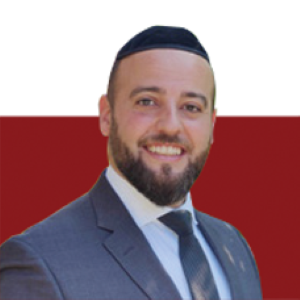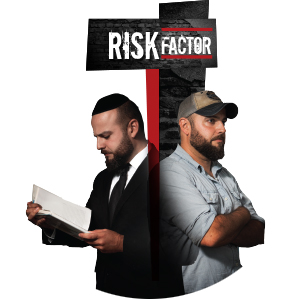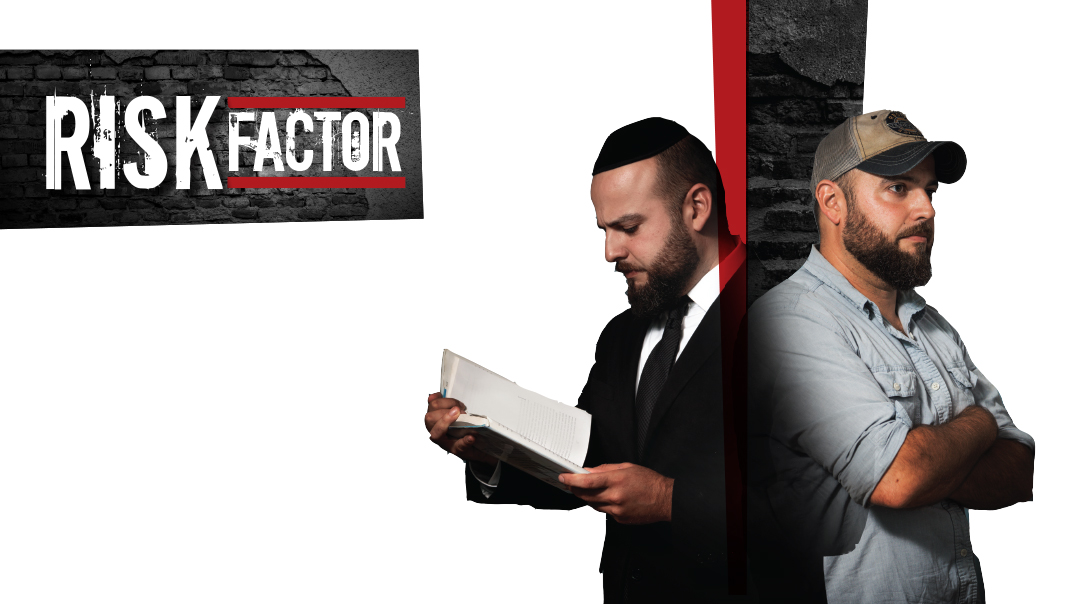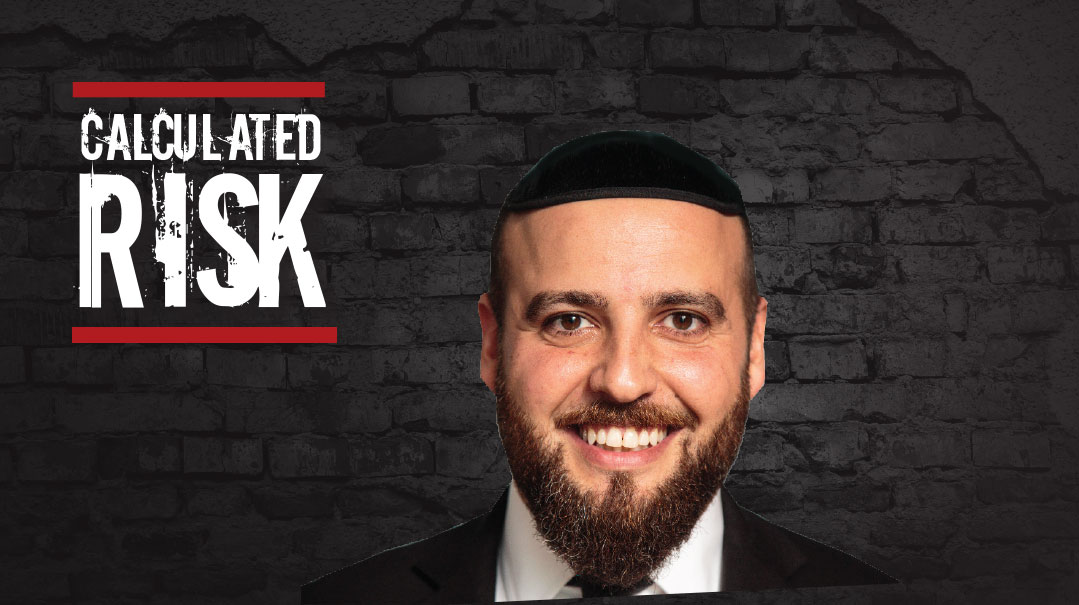Giving Up


He didn’t say anything else. He didn’t need to. But he hugged Ben, and they both cried
My face hurt. Just the left side, but it hurt. I didn’t complain though; the boy standing across from me was hurt a lot worse.
Ben was sobering up. He pulled a pack of cigarettes from his pocket and lit one. His hand was shaking. From the cold or from what he was about to do?
Neither of us spoke. What were we doing here, standing in the dark and cold on a deserted dirt road in the middle of nowhere?
Years ago, I worked several days a week at a yeshivah for boys who struggled with issues like ADHD, trauma, and substance abuse. Even after I left, I stayed in touch. On Chanukah I decided to join them for the traditional mesibah. There was singing, dancing, doughnuts. I love Chanukah — it’s a chag that is just filled with hope and connection.
The rosh yeshivah was Rabbi K. “Yossi!” he exclaimed when he saw me. “The boys are doing amazing! Avi is making a siyum tonight. And you should see Shalom — you’re not going to recognize him.”
“How’s Ben?” I asked.
Rabbi K didn’t respond right away. Finally he sighed and said, “I’m worried, Yossi. He’s angry. So much anger. I wish he could just let it go.”
I looked at Rabbi K, he looked at me. Then he said, “I know. I know, that type of hurt doesn’t just go away.”
In this line of work you hear bad things. It’s part of the job, hearing things you wish you didn’t have to hear, things that should never happen. Stories that are so painful they make the world drain away in a rush of despair and you doubt your own beliefs for a moment before you catch yourself, take a deep breath, and push away the darkness. Ben’s story was one of those.
To make things worse, guys like Ben are hard to love. They’re hard to love because they make themselves hard to love. Life has taught them that everything is a threat and no one will protect them, so their whole goal is to make sure no one ever develops the power to hurt them. They push you away because letting others in means letting down their guard. They are stubborn and self-centered because it’s the only way to survive. They hide their need and their pain by being obnoxious and arrogant, and they insist they don’t need help; they know everything and they’re having fun like this.
Guys like Ben are the ones that are hurting the most. But they rarely get the help they need. They just won’t accept it.
“He’s been drinking heavily,” said Rabbi K. “I spoke to him about it two days ago, and he promised he would stop, just to prove he doesn’t have a problem. He was doing well… but he’s been gone all day today, and we can’t reach him.” He paused. “If he’s been drinking again, he’s going to rehab.”
Ben wasn’t exactly the type of guy to go to rehab.
“And when he refuses?” I asked.
Rabbi K just looked at me, a terrible sadness in his face. He had no answer. There wasn’t one.
With guys like Ben you find yourself playing the waiting game: waiting for something to happen, something that will wake them up and make them decide to change. All you can do is wait for them to be ready, hoping and praying that they don’t die before it happens.
About an hour into the party there was a small commotion outside. Rabbi K came back in, holding a backpack I recognized as Ben’s. He put the bag down on his desk. I could hear glass clinking.
“Call Shoshana Schwartz at Retorno,” he said. He didn’t look angry, just hurt.
“Rabbi,” I began, “I don’t think…”
Rabbi K was looking over my shoulder. His face changed. I spun around. Ben stumbled into the room, shoving people out of the way. He was shouting, “Give it back!” He was very drunk. He raised a fist toward Rabbi K, missed completely, and collided with me as I turned around. I grabbed him, hoping to throw him off balance. It worked. He fell. On me.
A couple guys pulled Rabbi K out of the way, the other rabbis rushed in and restored order. I stood up, looking around wildly. “Where’s Ben?”
The yelling from outside answered that question.
“Give it up!” I heard the rabbi yell.
No! I thought. Was there more than just alcohol?
I burst outside. Rabbi K and Ben were facing each other. There was blood all over Ben’s face. The rabbi had both hands on Ben’s shoulders. “Give it up!” he yelled again. “It’s not going to work, so just give it up!”
“Give what up?” Ben shouted back.
“Give up trying to make us not love you.” There were tears streaming down Rabbi K’s face. “We love you. Period. We won’t stop loving you. Give. It. Up.”
He didn’t say anything else. He didn’t need to. But he hugged Ben, and they both cried.
Now Ben and I were standing outside Beit Shemesh on a winding dirt road that led to the entrance to Retorno.
“Ready?” I asked.
He stubbed out the cigarette and nodded.
Shoshana met us at the gate. She stared at the bruise covering half my face. “What does the other guy look like?”
I rested a hand on Ben’s shoulder. “Like a man about to do something great.”
The three of us approached the entrance.
Ben pulled out his phone. “I gotta give this in, right?”
Shoshana nodded.
He scrolled through his contacts until he found Rabbi K. Love you too rabbi, he wrote. See you in a bit.
Then he turned off his phone, handed it over, and walked through the gate.
Identifying details have been changed to protect the privacy of patients, their families, and all other parties.
Rabbi Yossi Bensoussan serves as mashgiach ruchani at Yeshiva High School of Cleveland. He is a Certified Alcohol and Substance Abuse Counselor (CASAC) who currently maintains a private practice, and does motivational speaking and community education on addiction all over the US and Israel.
(Originally featured in Mishpacha, Issue 790)
Oops! We could not locate your form.









